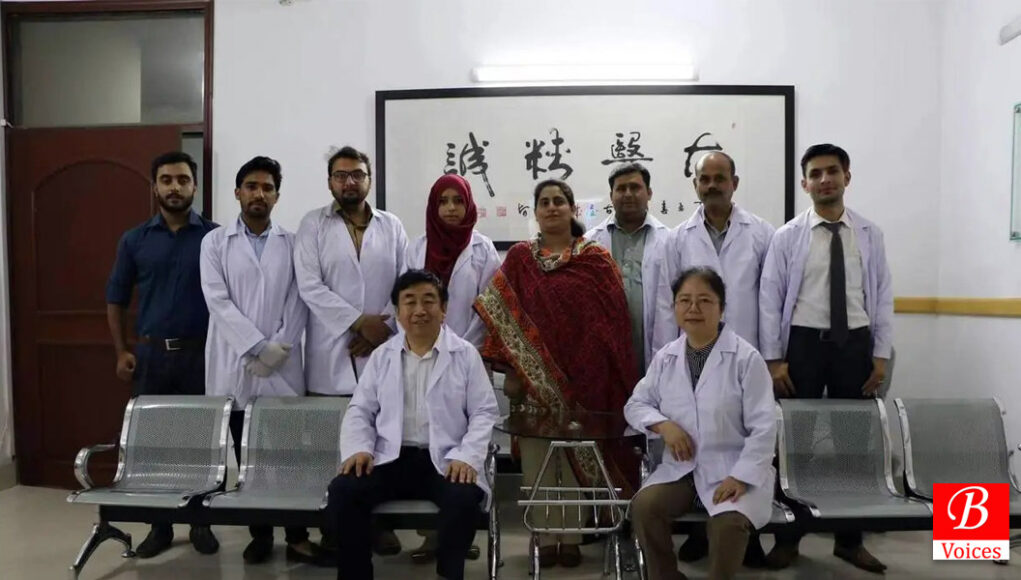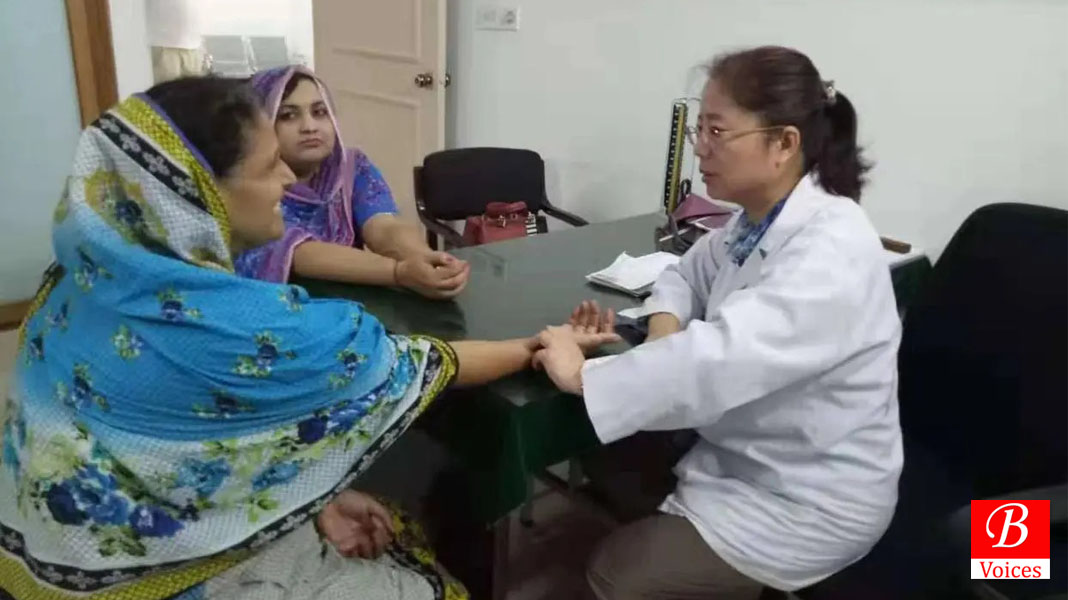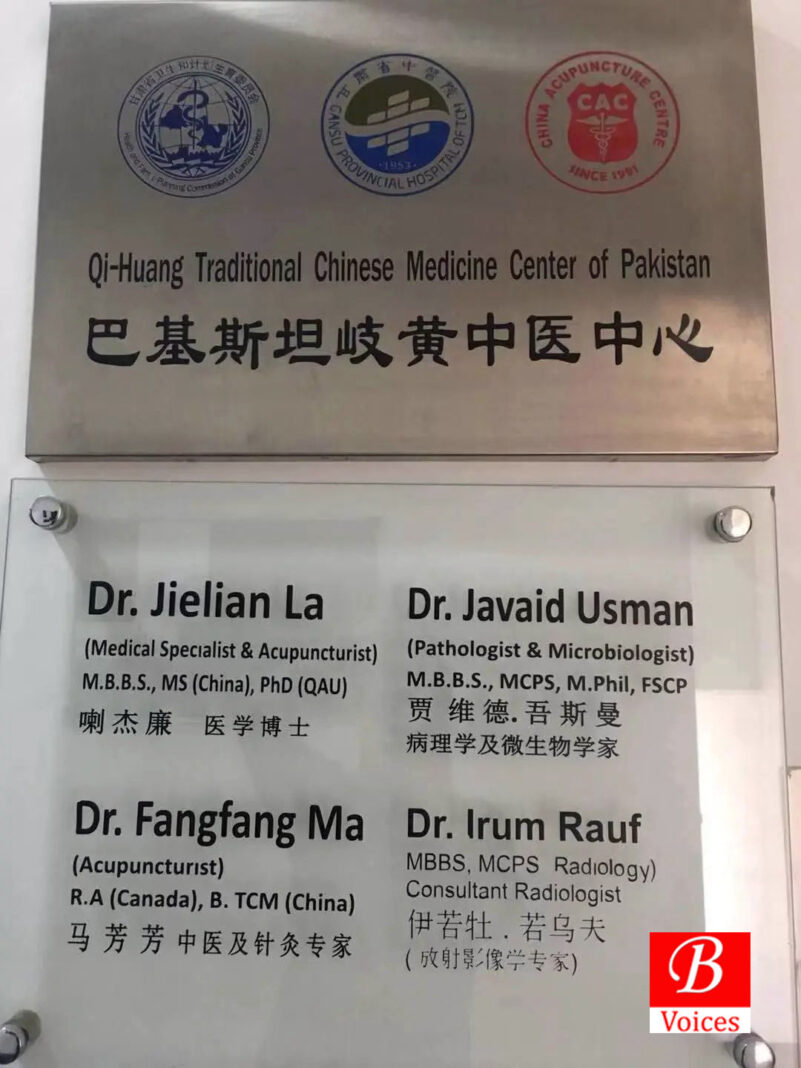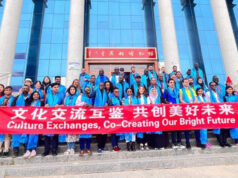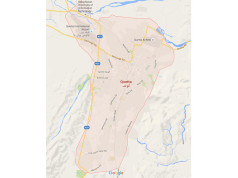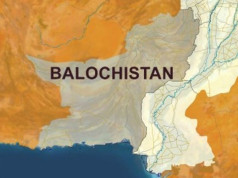Muhammad Asif Noor
China and Pakistan’s partnership in Traditional Chinese Medicine (TCM) showcases a blend of traditional and modern healthcare. Over decades, this collaboration has led to significant cultural exchanges, stronger people-to-people ties, and a mutual goal of holistic well-being. Key developments include groundbreaking TCM clinical trials and a two-year training program for Pakistani doctors in China. This cooperation has not only advanced TCM but also created a framework for its education, regulation, public awareness, and research, specifically adapted for Pakistan. Together, these nations are forging a “Health Corridor,” combining traditional knowledge with modern innovation in healthcare, reflecting a model that transcends borders and unites two cultures.
TCM in Pakistan offers enormous potential for healthcare advancement, particularly because of the country’s rich herbal medicine resources. These resources are key in treating respiratory and skin diseases and are in demand both domestically and internationally. Pakistan’s cultural affinity for herbal remedies aligns well with TCM, fostering an environment where these practices can be integrated into mainstream healthcare.
As global markets for herbal medicines are projected to reach staggering figures, with an expected valuation of $178.4 billion by 2026, Pakistan stands at the threshold of leveraging its traditional medicine sector, making TCM a lucrative avenue for economic growth and international collaboration. The scope, therefore, extends beyond clinical applications, permeating into economic avenues and positioning TCM as a potential export commodity. Several TCM clinics are working here in Pakistan. There is one clinic that has been successfully run by a Pakistan TCM specialist Dr. Ahmad in Islamabad who has been running the institution for the past twenty years.
China and Pakistan’s collaboration in healthcare highlights the synergy between Traditional Chinese Medicine (TCM) and Pakistan’s traditional medicinal practices, deeply rooted in its cultural heritage. This partnership transcends mere clinical collaboration, creating a dialogue between two rich medical traditions. It enriches the medical field with a holistic approach that respects and incorporates cultural health practices. Additionally, the Belt and Road Initiative (BRI), spearheaded by China, provides a framework for international health cooperation. TCM has become a key aspect of this, especially with Pakistan’s active role in integrating TCM into its healthcare system. The 6th Belt and Road Forum for TCM in Beijing underscores this focus, with Pakistani doctors contributing to the discourse on global health collaboration through TCM.
Under the BRI and its flagship project, the China-Pakistan Economic Corridor (CPEC), TCM’s integration into various sectors has been strategic. This partnership is vital for the health and well-being of nations, positioning TCM as an essential element in developing sustainable public health systems. Joint initiatives, like the clinical trials of Chinese herbal medicines in Pakistan, not only demonstrate a commitment to shared health goals but also highlight TCM’s growing significance in improving global healthcare infrastructure. As the BRI enters its next phase, TCM is poised to play an increasingly prominent role, fostering a global health community that transcends borders and unites in the pursuit of collective well-being.
The Sino-Pakistan Cooperation Center for Traditional Chinese Medicine (SPCCTCM) in Hunan Province marks a significant stride in healthcare collaboration between China and Pakistan. Established by the Hunan University of Medicine and the University of Karachi’s International Center for Chemical and Biological Sciences, the SPCCTCM, championed by Dr. Iqbal Chahudhry, serves as an international nexus for TCM education, training, research, and industrial collaboration. This initiative reflects a deep commitment to advancing healthcare through the integration of traditional and modern medical knowledge.
A key development in this partnership is the two-year TCM training program for ten Pakistani doctors in China, which is set to enhance the integration of traditional medicine along the China-Pakistan Economic Corridor (CPEC). This program aims to create a skilled cadre of healthcare professionals who can combine TCM with contemporary medical practices. The success of joint clinical trials, notably the Jinhua Qinggan Granules for COVID-19 and the Yinhuang Qingfei Capsule for bronchitis, further demonstrates the effectiveness of TCM in addressing current health challenges and underscores the collaborative scientific commitment of both nations.
The collaboration extends beyond clinical trials to include a rich exchange of knowledge and practices in TCM, highlighted by discussions on talent exchange, TCM education, and joint research. This partnership, emphasized by UN Resident Coordinator Siddharth Chatterjee, delves into ancient healing techniques, offering insights into natural disease treatments amid growing antibiotic resistance concerns. Moreover, the commitment to introduce TCM in Pakistan, with discussions involving various Chinese medicine companies, showcases a long-term vision for TCM’s application beyond the pandemic. This joint response not only addresses immediate health crises but also paves the way for ongoing cooperation in traditional medicine research and education. Furthermore, collaborations like that between Ningbo University and the University of Karachi expand into areas like space breeding and quality evaluation of medicinal plants, aligning with broader health and nutrition goals.
To further develop Traditional Chinese Medicine (TCM) in Pakistan, it’s essential to integrate TCM education into Pakistani medical schools, especially since many Pakistanis rely on herbal medicine. A standardized curriculum, inspired by the training program in China, should blend theory and practice. To ensure TCM’s safe and effective integration into mainstream healthcare, cooperation mechanisms and regulatory frameworks must be refined. This requires collaboration among health authorities, regulatory bodies, and TCM practitioners to establish standards, licensing, and monitoring. Public awareness campaigns are also necessary to correct misconceptions about TCM and highlight its benefits. Moreover, ongoing research and development, in partnership with Chinese TCM institutions, should focus on health challenges specific to Pakistan, ensuring culturally sensitive and locally tailored solutions.
TCM’s role in Pakistan transcends healthcare, symbolizing a dynamic collaboration that fosters cultural exchange and deepens mutual understanding between China and Pakistan. Through initiatives like CPEC and BRI, the health and medicine collaboration takes a prominent position, representing not just bilateral cooperation but a strategic investment in national well-being. This partnership, nurtured over a decade, signifies the shared dedication of China and Pakistan to global health challenges. TCM’s journey towards a healthier future is more than clinical trials and research; it’s a reflection of enduring friendship, cultural insight, and a joint commitment to a healthier, more resilient world.
The Writer is the Director Centre for BRI and China Studies – Institute of Peace and Diplomatic Studies.
Disclaimer: Views expressed in this article are those of the writer and Balochistan Voices does not necessarily agree with them.
Share your comments!


